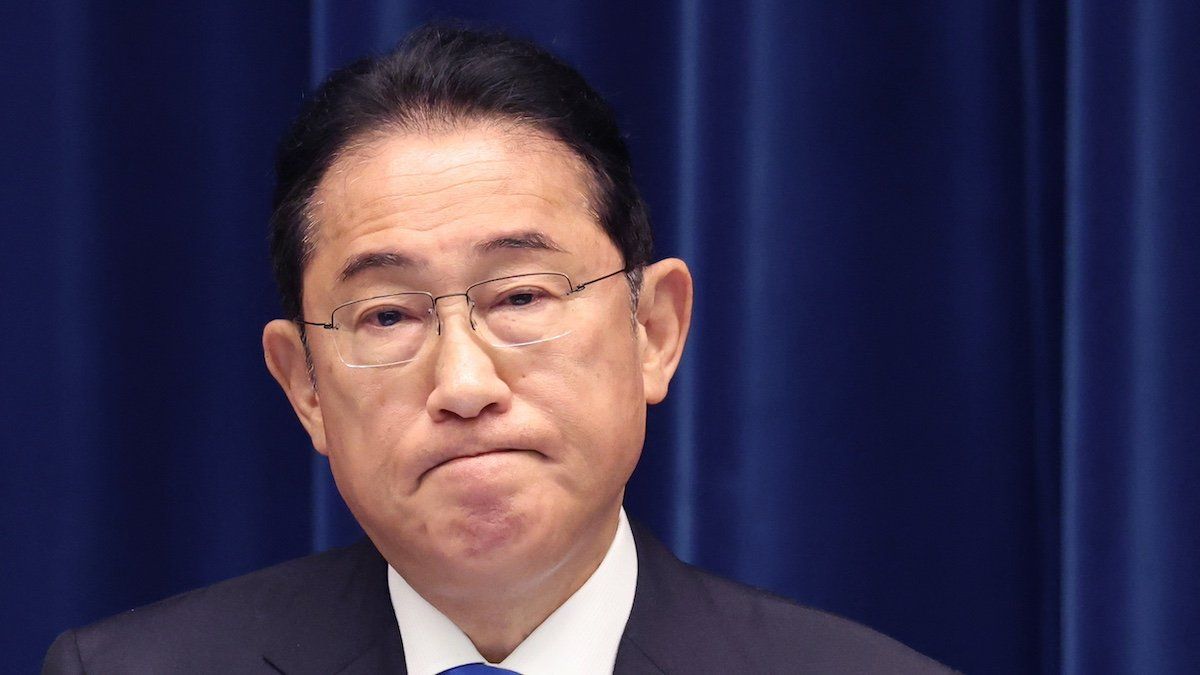Prime Minister Fumio Kishida announced early Wednesday that he will not stand for another term as leader of the Liberal Democratic Party in September, which will clear the way for a new PM. The move is a surprise, though perhaps not a shock, given Kishida’s perennially abysmal approval ratings amid struggles to balance a plummeting yen in a sluggish economy.
Kishida’s departure now will give whoever comes out on top of the LDP’s internal party hierarchy about a year’s runway before the next general elections, which must be held in October 2025. The LDP’s dominance in the Diet is legendary — it has ruled with only two brief interruptions since 1955 — but the new PM will need to use every minute of the next year to make his case to voters.
For all his unpopularity at home, Kishida won admirers in Washington with his efforts to ramp up Japanese defense spending and improve relations with other US allies like South Korea and the Philippines. We’re watching how his successor tackles security strategy, and if that endears him at all to Japanese voters.
